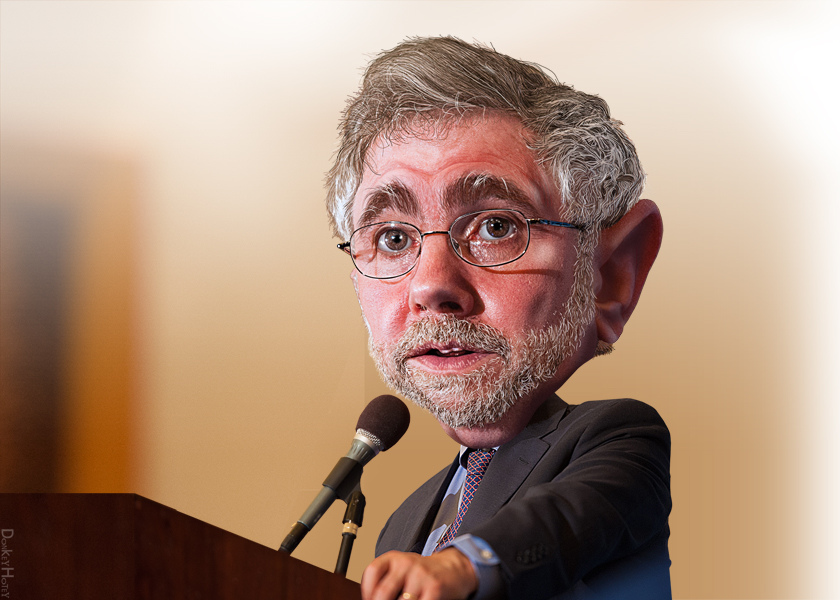The Secret of Great Wealth… and of Life

- Many Americans are financially stressed due to the pandemic, but healthy financial habits will help.
- And, as Alexander Green shares today, it’s important to set goals and understand what being wealthy means.
This year’s pandemic has added stress to a lot of people’s lives.
Work stress. Family stress. Health stress. And, of course, money stress.
A recent CNBC poll found that “90% of Americans feel anxious about money due to the COVID-19 pandemic.”
Financially stressed men and women face greater physical and mental health challenges.
During the last financial crisis, people who worried about their finances reported greater back and muscle tension, more ulcers and digestive problems, heart arrhythmia, higher blood pressure, insomnia, migraines, severe anxiety and even depression.
Click here to watch Alexander Green’s latest video update.
To a great extent, the difference between handling money right and wrong determines our happiness, well-being and quality of life.
That’s why it’s a shame that less than half of our country’s high schools offer even a basic class in financial literacy.
I’m all for liberal arts education. But if I had to choose between learning about the life of a cell, the history of Europe and how to handle money, I’d choose the last.
Few of us will become biologists or historians. All of us have to earn, spend and save.
According to the Financial Health Network, people who handle money well have eight habits in common:
- They spend less than they earn.
- They have manageable debt.
- They pay their bills on time, avoiding interest charges, late fees and reconnection costs.
- As a result, they have a higher credit score, lowering their cost of borrowing.
- They have enough savings to meet an unexpected financial emergency.
- They have appropriate insurance, so a sudden setback doesn’t derail their investment program.
- They invest to meet long-term goals.
- Which means they actually have long-term investment goals.
Consider that last factor: goals.
Goals are dreams with deadlines. They are specific – and they have a date attached.
“I want to be rich” is just a wish.
“I want to have a $1 million net worth by my 60th birthday” is a goal.
How do you reach it – or any other financial goal – as quickly as possible?
The formula is straightforward.
Earn as much as you can. Save as much as you can. Invest as much as you can. And let it compound.
To know what you need to do to reach your goal, you need only spend a few minutes with a compound interest calculator, like the one here.
For example, invest $481 every month for 30 years – and earn no more or less than the average 10% long-term return of the S&P 500 – and you will have $1 million.
Of course, some readers can’t wait or don’t have 30 years. They will have to save more or earn a higher rate of return or both.
Knowing your “number” – whatever that may be – allows you to set monthly financial goals.
To reach those, you may need to make lifestyle adjustments as far as spending and saving.
My friend and colleague Mark Ford wrote an excellent column this week on living rich and building wealth. (You can find it here.)
As Mark points out, scrimping isn’t necessary. You need only be smart about spending.
That begins with the realization that conspicuous consumption is not the route to wealth… or happiness.
Last year, I had dinner in New York City with a good friend, a founder of a Fortune 500 company. He’s not a billionaire but he’s closer than most.
It was just the two of us and, as the wine was flowing, I asked him a personal question.
“Like most highly affluent people, you have more than you’ll ever spend. What is it you most want to do with the time you have left?”
He didn’t miss a beat.
“Nothing,” he said. “If I died tomorrow, I’d die a happy man, knowing I’d lived a good life, enjoyed my family and friends, achieved most of my goals and gave most of my fortune away.”
“But isn’t there anything left that you really want to do?” I pressed, curious what that might be.
“You know what I look forward to the most?” he laughed. “A good meal with close friends and stimulating conversation.”
How many people can’t afford that?
Many folks imagine that if they had great wealth, they’d spend their time flying around the country on a private plane, sailing the Caribbean on their yacht and dining in a Michelin five-star restaurant in some exotic locale.
(And, truth be told, the uber-wealthy do enjoy some of that.)
But more often than not, the ones I know are eager to tell me about some book they just read, some series they just watched on Netflix or some hike they recently took in the woods.
The cost of these things is somewhere between negligible and zero.
Too many Americans are not getting rich because they’re too busy trying to look and act rich, buying luxury cars, designer clothes, and expensive wines that most wealthy individuals could happily live without and often do.
Want to get rich sooner?
Give up the minor extravagances, save regularly, invest wisely and fight the temptation to spend down your net worth as it snowballs.
That’s the most effective route to financial independence. And a smart way to live generally.
Good investing,
Alex







